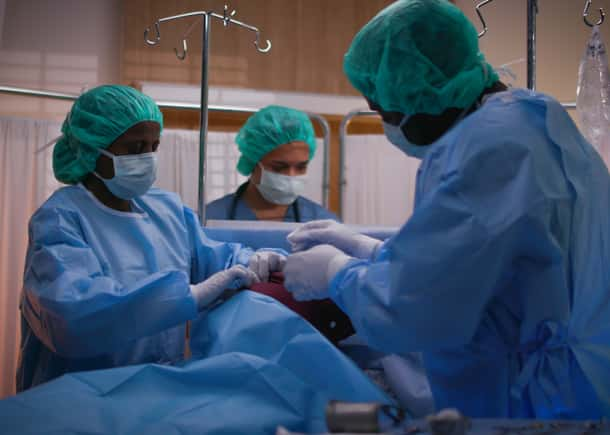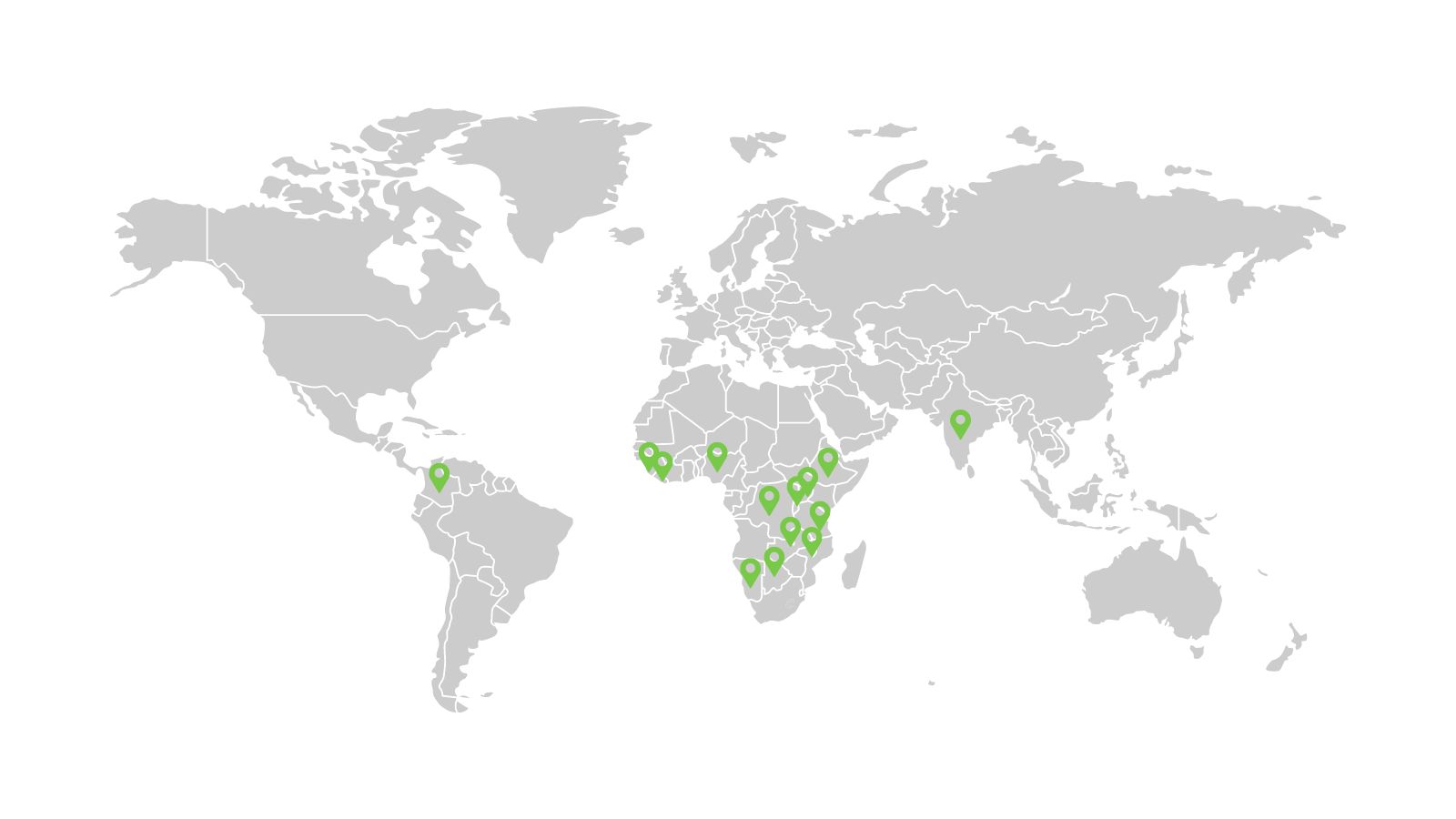Winners Announced: MamaBirthie CS to be distributed to projects globally, helping to improve maternal survival


350 MamaBirthie CS simulators, which support healthcare personnel to become competent and confident in safe c-section and additional lifesaving menuveurs, have been awarded to 27 projects as part of a partnership initiative with the World Federation of Societies of Anaesthesiologists (WFSA).
In early 2024, in partnership, LGH and WFSA called for applications to receive MamaBirthie CS to help enhance impact in existing, or catalyze new, projects and programs. The aim of the initiative was to improve access to safe surgery for mothers and newborns on the day of birth, by supporting more health care workers to be competent and confident in managing obstetric emergencies.
The call for applications was made in March 2024, and 65 applications were received. Judges from both LGH and WFSA assessed these applications, considering where the MamaBirthie CS simulators could make the most impact. 27 winners were selected, representing projects and programs from 15 countries across three continents.

Organizations eligible to apply included universities, non-profit non-governmental organizations, civil societies and professional associations.
WFSA is delighted to continue our longstanding collaboration with Laerdal Global Health. We know access to safe c-section is crucial for improved maternal and neonatal survival. That’s why we were pleased to receive such a high number of applications to this initiative, from both on-going and planned projects all taking place in countries with a maternal mortality rate that is over the SDG 3 target of 70 per 100,000 live births. Once distributed, we are excited to see how the simulators will be able to catalyze impact, improving the clinical practice of hundreds – or even thousands – of healthcare personnel.
Jennifer Gilbertson, Director of Impact and Implementation, Laerdal Global Health, adds: “One of the most important criteria to the partners in the evaluation process was that the applicants were able to demonstrate how their project would have a long term impact. This is both an impact on women’s health and access to quality services, and an impact on training models in their country. ”
It is expected that the donated simulators will reach projects by late 2024. Follow our social media channels to discover the impact these projects make.